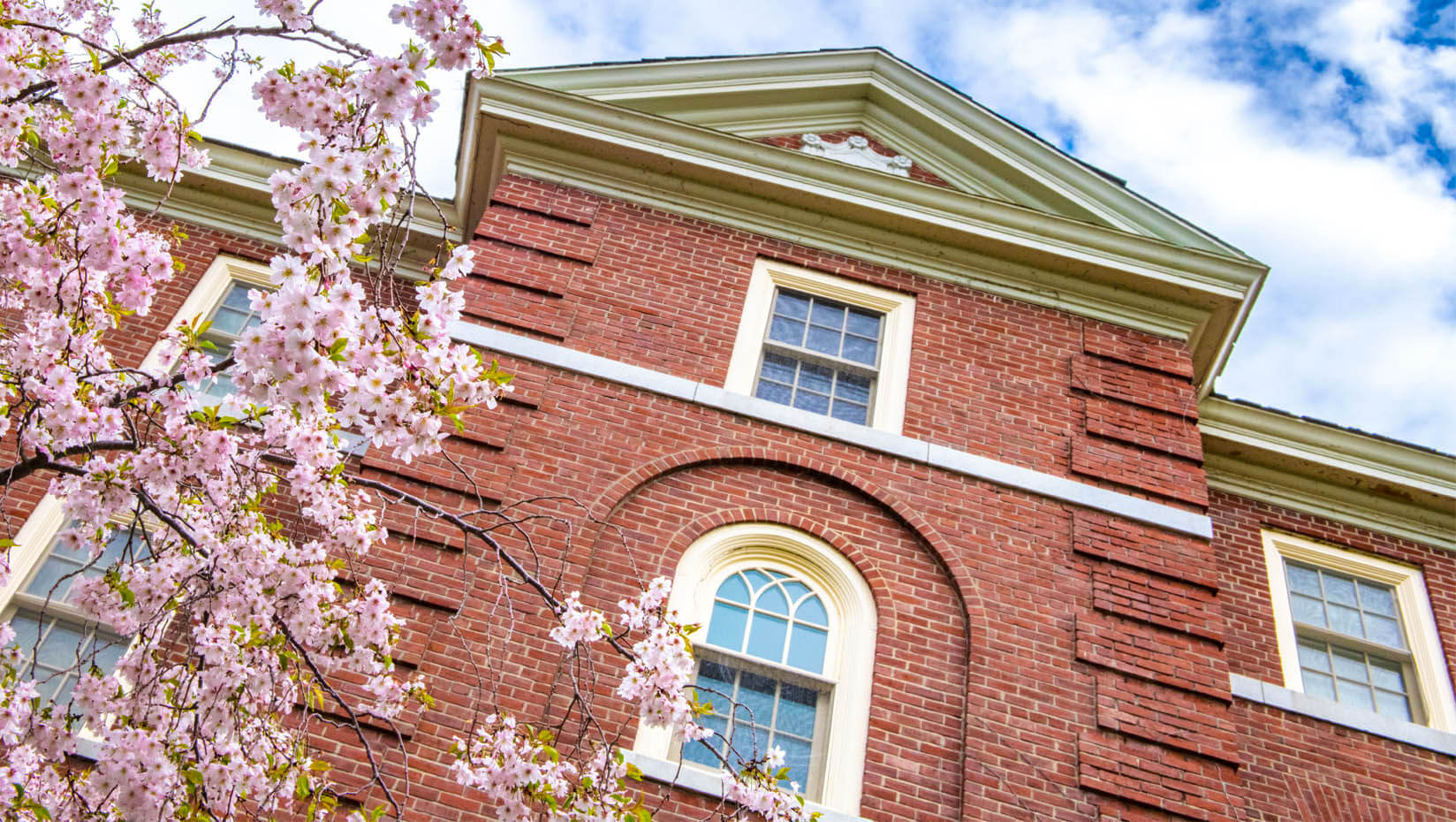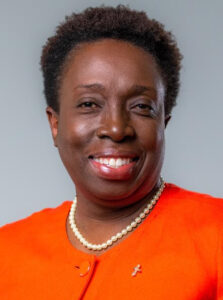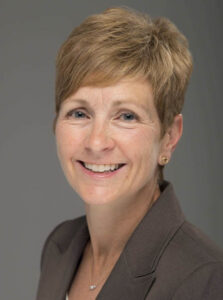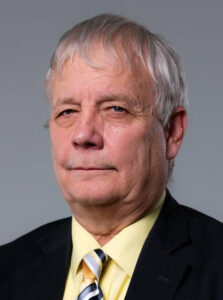
UMaine names Presidential Award recipients
This year’s University of Maine Presidential Awards recognize outstanding achievement in teaching in the Master of Social Work program, higher education research that supports the well-being of students, and impactful community engagement affecting Mainers of all ages and sectors from agriculture to schools.
Judith Josiah-Martin, a lecturer in the School of Social Work, received the Presidential Outstanding Teaching Award; Elizabeth Allan, professor of higher education, received the Presidential Research and Creative Achievement Award; and James Dill, pest management specialist and University of Maine Cooperative Extension professor, received the Presidential Public Engagement Award.
“These are three faculty members whose teaching, research and public engagement change lives, and make a difference in our state and beyond,” says UMaine President Joan Ferrini-Mundy. “They do that by teaching the social workers and education leaders of tomorrow, conducting nationally recognized research on hazing, and providing critical public health and management information about ticks and other pests. Their work demonstrates an engaged research university.”

Josiah-Martin has taught in the School of Social work for more than a decade, first as an adjunct instructor for four years, and as a full-time faculty member beginning in 2013. Multiple letters of support cite Josiah-Martin’s passion for her subject matter and her “active, social, contextual, engaging and student-owned approach to learning.” Her teaching philosophy with adult learners is described as thoughtful and inspiring, creating a climate in the classroom that invites engagement and “stimulates a desire to perform at the highest level.” She cites the unwavering support of her colleagues and students’ willingness to learn as significant contributions to her joy of teaching at UMaine.
In her teaching philosophy statement, Josiah-Martin noted five guiding principles that get to transformative learning: education must evoke curiosity and awaken or help the student to develop an inquisitive and adventurous outlook toward learning; student learning is handled in a respectul, courteous manner, recognizing not only the educator’s knowledge, but also the students’ inherent knowledge and experiences; a teacher must come prepared to deliver accurate, relevant, usable knowledge that fosters development of life-sustaining skills from a manageable, expert, competent and well-prepared base; students must be able to make use of the information in such a way that it adds value and meaning to their lives; and students should be encouraged to expand their “thinking capacity” — question, discuss, challenge, present — to become problem solvers, strategic planners and experts in their own rights.
Josiah-Martin’s 38 years of social work practice also make her a sought-after speaker locally, regionally, nationally and internationally on topics related to substance abuse, domestic violence and trauma, and diversity, equity and inclusion.

Allan has been a faculty member in the College of Education and Human Development since 2000. In her research philosophy statement, Allan notes that her work is rooted in the belief that “higher education can be a driver of social change toward a more equitable, inclusive, sustainable and socially just world.”
She was the principal investigator for a 2008 national study of student hazing, and since then has authored and co-authored numerous articles, chapters, and reports about hazing and its prevention.
She directs stophazing.org, which focuses on promoting “positive school and campus climates through research, information sharing, and development and dissemination of evidence-based hazing prevention strategies,” and has become a nationally cited source of states’ anti-hazing laws, related news articles and strategies for preventing hazing. She also leads the Hazing Prevention Consortium, a research-to-practice initiative designed to contribute to an evidence base for hazing prevention. Allan is a sought-after subject matter expert for groups ranging from the media to the U.S. Senate HELP Committee.
In addition to hazing, Allan’s research on campus cultures and climates includes studies on student engagement, diversity and equity. Her books include “Women’s status in higher education: Equity matters” and “Policy discourses, gender, and education: Constructing women’s status.” Allan’s numerous awards include the Graduate School’s 2019 Faculty Mentor Impact Award, and the College of Education and Human Development’s 2018 Faculty Research Award.

Dill, a UMaine alumnus, has been the UMaine Extension pest management specialist since 1981. He also serves as Extension professor, coordinating the UMaine Extension Diagnostic and Research Laboratory, and the Integrated Pest Management (IPM) and Pesticide Safety Education programs. The entomologist also has served as an associate program administrator, and legislative and congressional resource liaison.
In his more than 40-year career, Dill has been instrumental in growing and developing Maine’s pest management and pesticide safety education initiatives. Under his leadership as Maine’s first IPM coordinator, multiple agricultural sectors have increased crop yield and quality, reduced pest damage and minimized pesticide use through the implementation of IPM strategies. The economic impacts associated with these IPM programs over four decades is estimated at more than $200 million.
Dill’s state and regional public education and community engagement efforts have included outreach on insects, ticks and other arthropod pests, authoring manuals in IPM and pesticide safety, and publication in peer-reviewed literature. He is widely recognized in the Northeast for his ability to efficiently and effectively communicate with a wide variety of constituents, sharing evidence-based information and strategies to best address issues faced by homeowners, gardeners, commercial growers and policymakers.
Dill has served in the Maine Legislature since 2012, and is the senate chair of the committees on Agriculture, Conservation, Forestry, and Inland Fisheries and Wildlife. His community service also includes leadership roles on local school boards and Orono-Old Town Kiwanis International. In 2017, he was honored with the New England Higher Education Excellence Award from the New England Board of Higher Education and the New England Higher Education Compact.
Contact: Margaret Nagle, nagle@maine.edu
